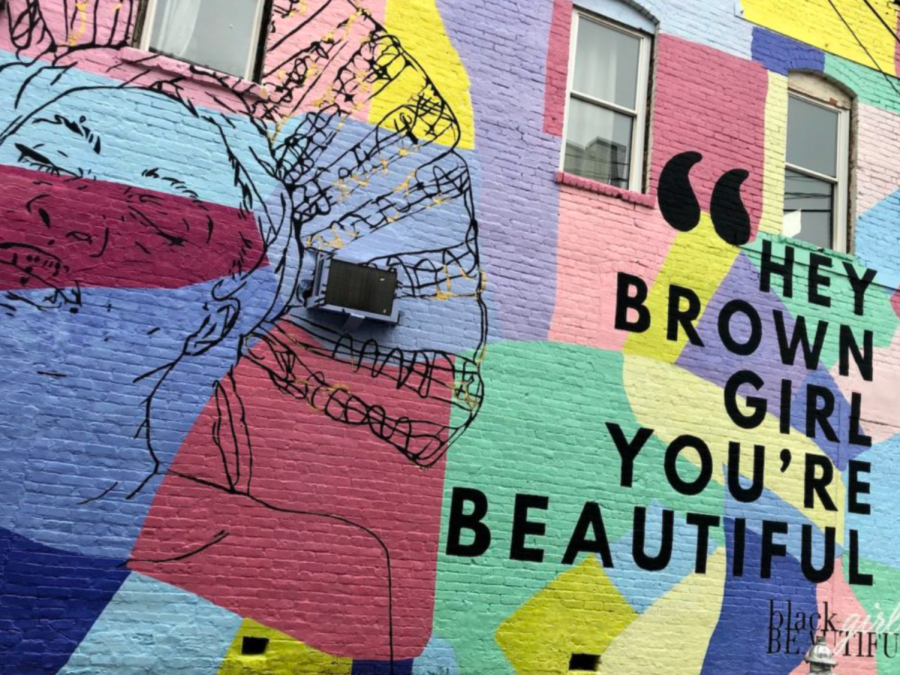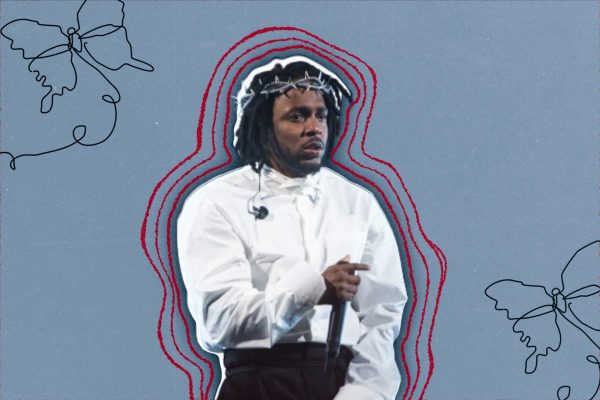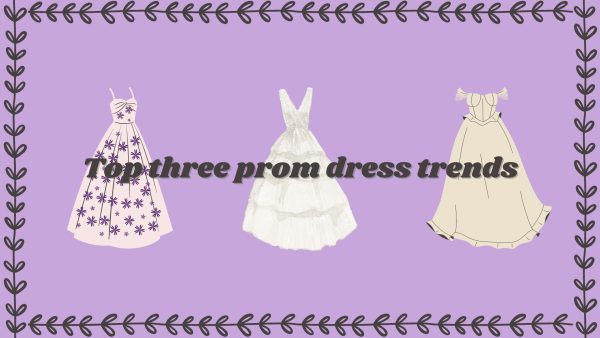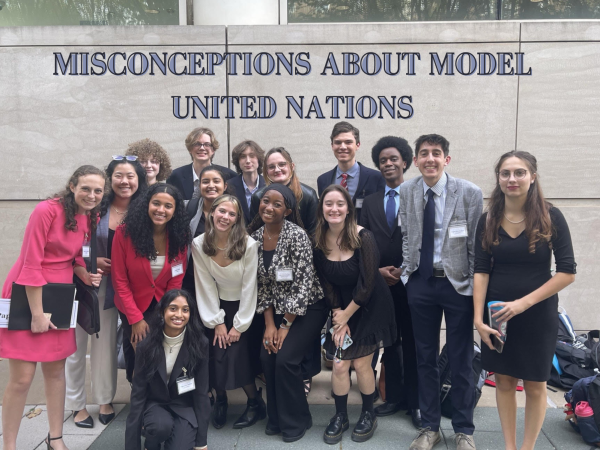Black History Month turns into the bare minimum
Although Black History Month holds noble motives, the month serves as a justification to downplay history and culture into the shortest month of the year while also watering down the material presented. Society acts as if African-Americans should accept the month with a smile on their faces, but the public rarely discusses the fact that once the month ends, the country returns to a state of not acknowledging Black History or the events occurring surrounding it.
March 1, 2023
Every February, citizens nationally and even globally recognize Black History Month (BHM) as a period of time to celebrate the trials and tribulations that Black Americans have endured. First observed 53 years ago in 1976, President Gerald Ford officially dedicated the month to focus on the vital contributions that African-American leaders such as Martin Luther King (MLK), John Lewis and Thurgood Marshall made to better the world for Black individuals across the board. While BHM holds positive intent, the month serves as an excuse to condense history and culture into the shortest month of the year, as well as sugarcoating the history that comes with it.
“I feel like everyone hears about Martin Luther King and Rosa Parks a lot but it really felt overtaught when I looked into other Civil Rights leaders and realized that a lot of other people contributed to the movement. I learned a lot about alternative ways that people participated during the Civil Rights movement, in school, they mainly taught about peaceful protests and made it seem like that was the only way people fought for change. I celebrate Black History Month by learning more outside of what we’re taught in schools because Black history is so expansive and really shouldn’t be crammed into one month. I also take the time to uplift Black people around me,” senior magnet Black Student Union vice president Belcy Emerson said.
The average student can likely say that throughout the entirety of their lives, they sat through countless units in school glossing over slavery, Jim Crow and the Civil Rights movement. Then, when February 1 hits, they participate in several BHM events either at their school or in their community. Although memories of BHM celebrations, including step shows and MLK-themed parties live in the minds of several rent-free, Black history artifacts and recognition automatically come to an end once February does. It does not help that the American education system waters down the curriculum and that schools feel that Black history does not qualify as American history when in reality, African-Americans built the country. Schools generally rely on BHM programs and celebrations to teach their undereducated students about well-known leaders like MLK and Rosa Parks. Schools rarely teach their students about the Black Panther Party or the fact that Rosa Parks did not serve as the first Black woman to refuse to move to the back of the bus. With BHM highly recognized, an abundance of Americans feels that February alone should make up for the modified Black history curriculum when it should not.
“BHM in schools has hardly ever been about Black history as it has been about the Civil Rights movement. And though it’s a cornerstone in history, there are many other facets to Black history that also deserve to be taught. I think the stories of afro-feminists and queer activists like Angela Davis and Marsha P. Johnson are very noteworthy, to say the least. I think teaching their stories would have taught us the complexities of important topics that we already know, like the importance of equality and justice, as well as some we don’t talk about in schools, like intersectionality,” magnet sophomore Tristan Mick said.
Additionally, corporations and businesses frequently market their products as a BHM theme in an attempt to recognize the month and inevitably receive a profit. For example, Bath and Body Works released a BHM collection in 2022 with a variety of tribal prints and designs on the candles and lotions with words such as “empowered” and “confident” on them. The problem did not occur until customers found that the scents and flavors of the products remained the exact same as the ones the store already carried, as opposed to temporarily switching up their formulas and generating new ones. Furthermore, the retail store only sold these BHM packaged products during the month of February, making them appear money hungry. Rather than selling them yearlong, the company took advantage of the fact that a higher number of consumers would likely only wish to purchase the BHM products during BHM, ultimately increasing sales. One could say that Bath and Body Works only embraced an already existing holiday, and wished to simply acknowledge the month and embrace the culture. However, if the brand truly appreciated the culture, the company would regularly sell the packaging.
“I feel like corporations having BHM products is a start to them embracing Black history, but it also has drawbacks because it portrays Black history as a one moment or like it’s limited to one month when in reality Black history is created every day. They’re also taking advantage of Black people because they know that we’ll buy and support those products,” Emerson said.
Although BHM offers Black Americans the opportunity to embrace their culture and celebrate themselves in a slew of ways, they ultimately receive the short end of the stick. With the education system teaching the bare minimum and corporations benefiting off of Black history and culture, one singular month should not account for centuries worth of Black history in America.



















